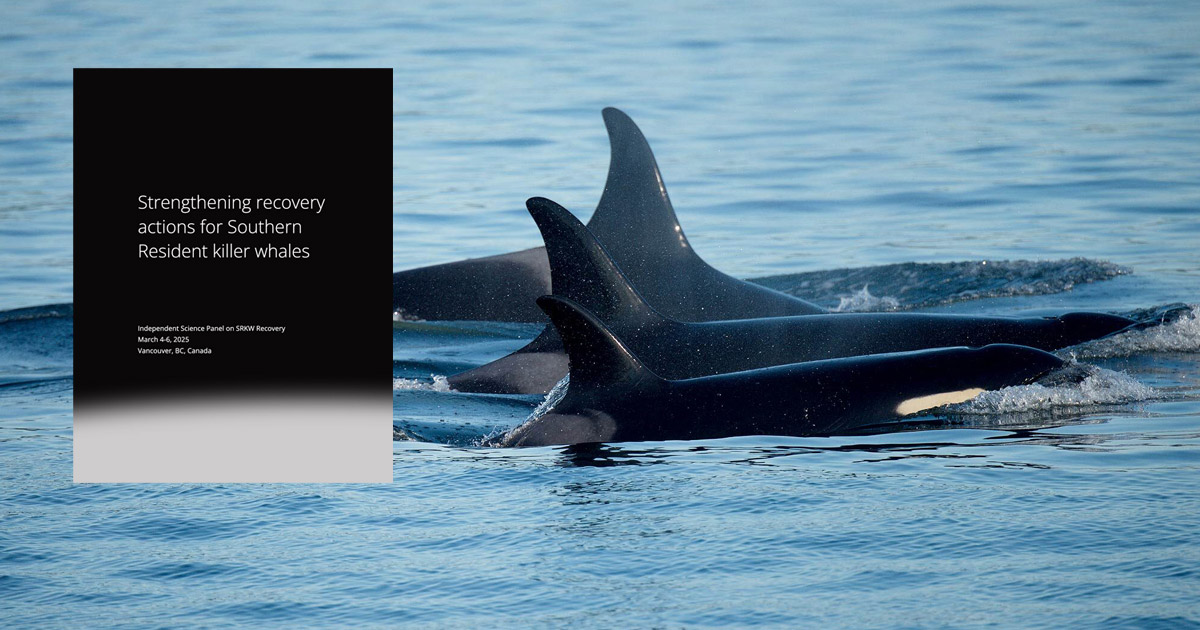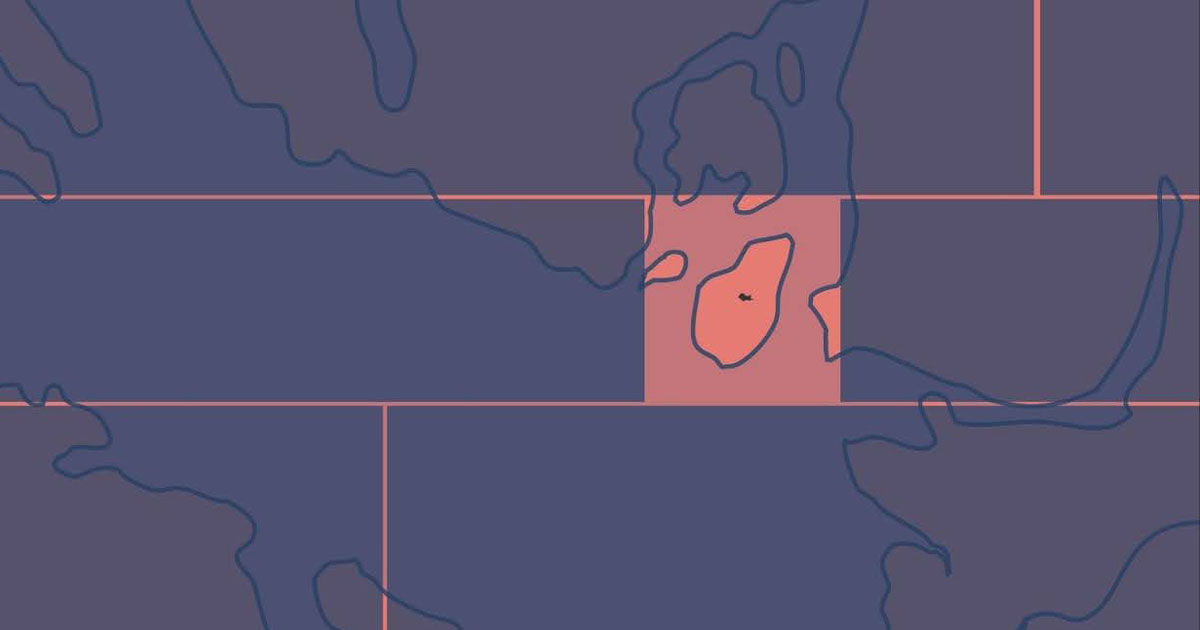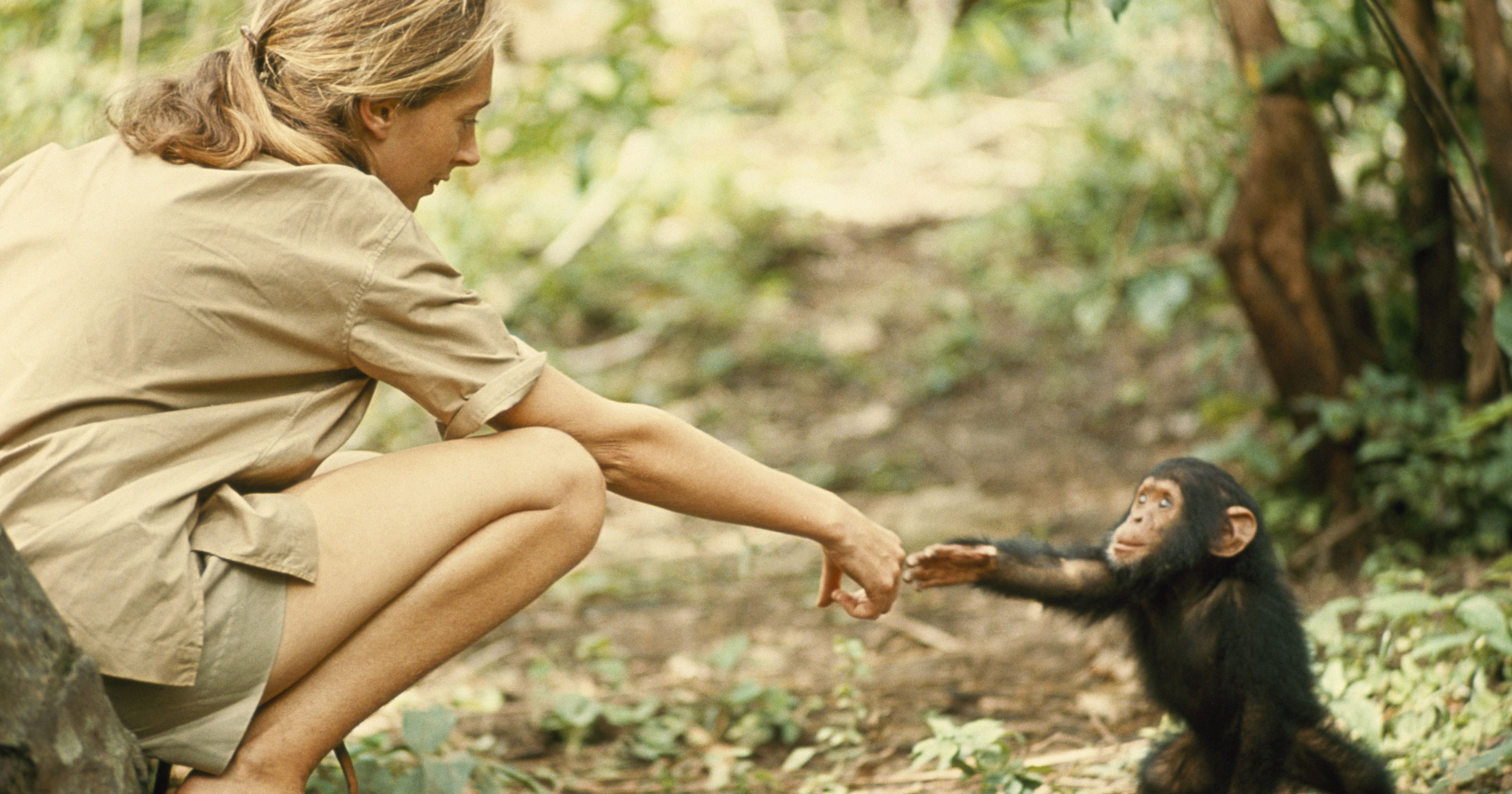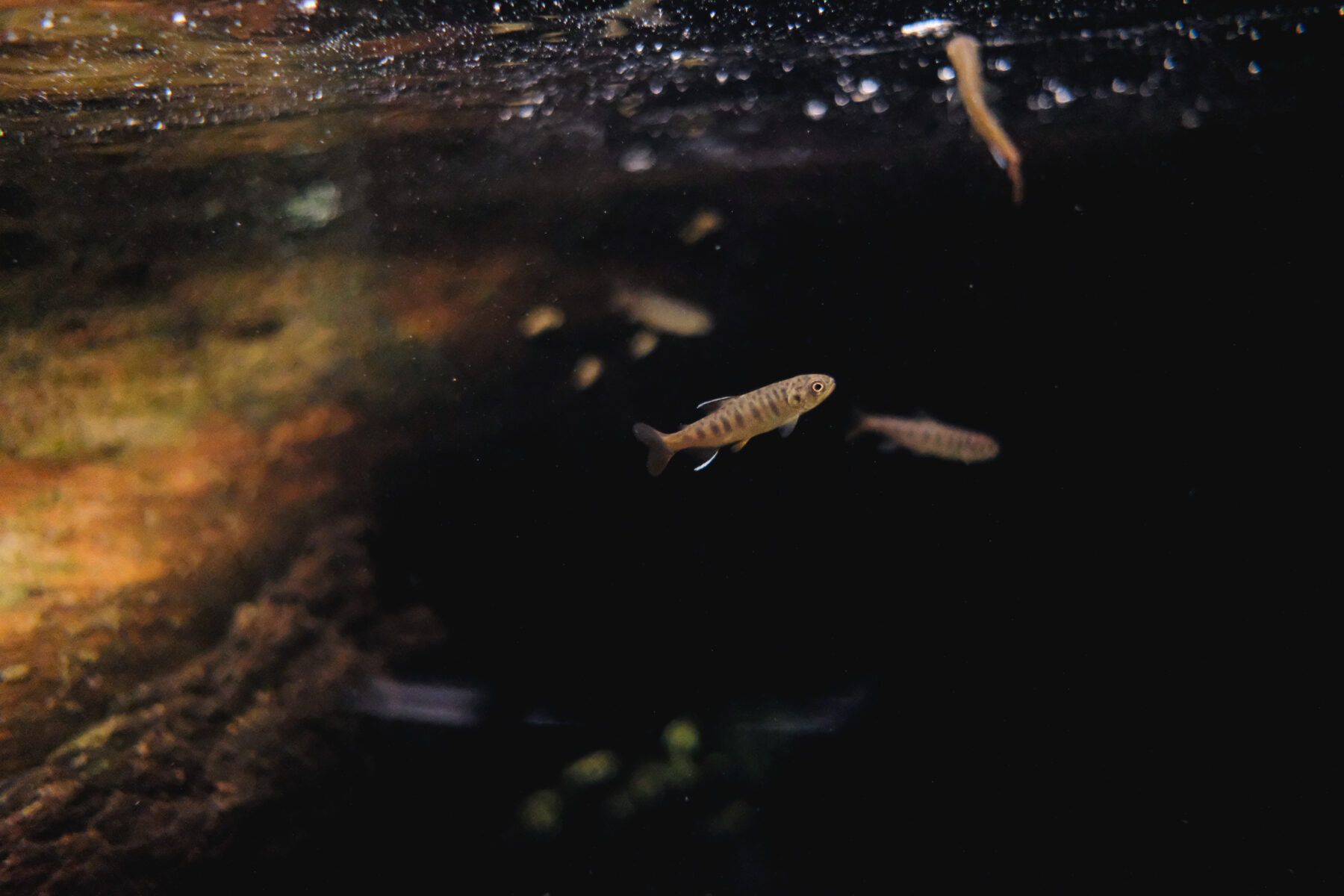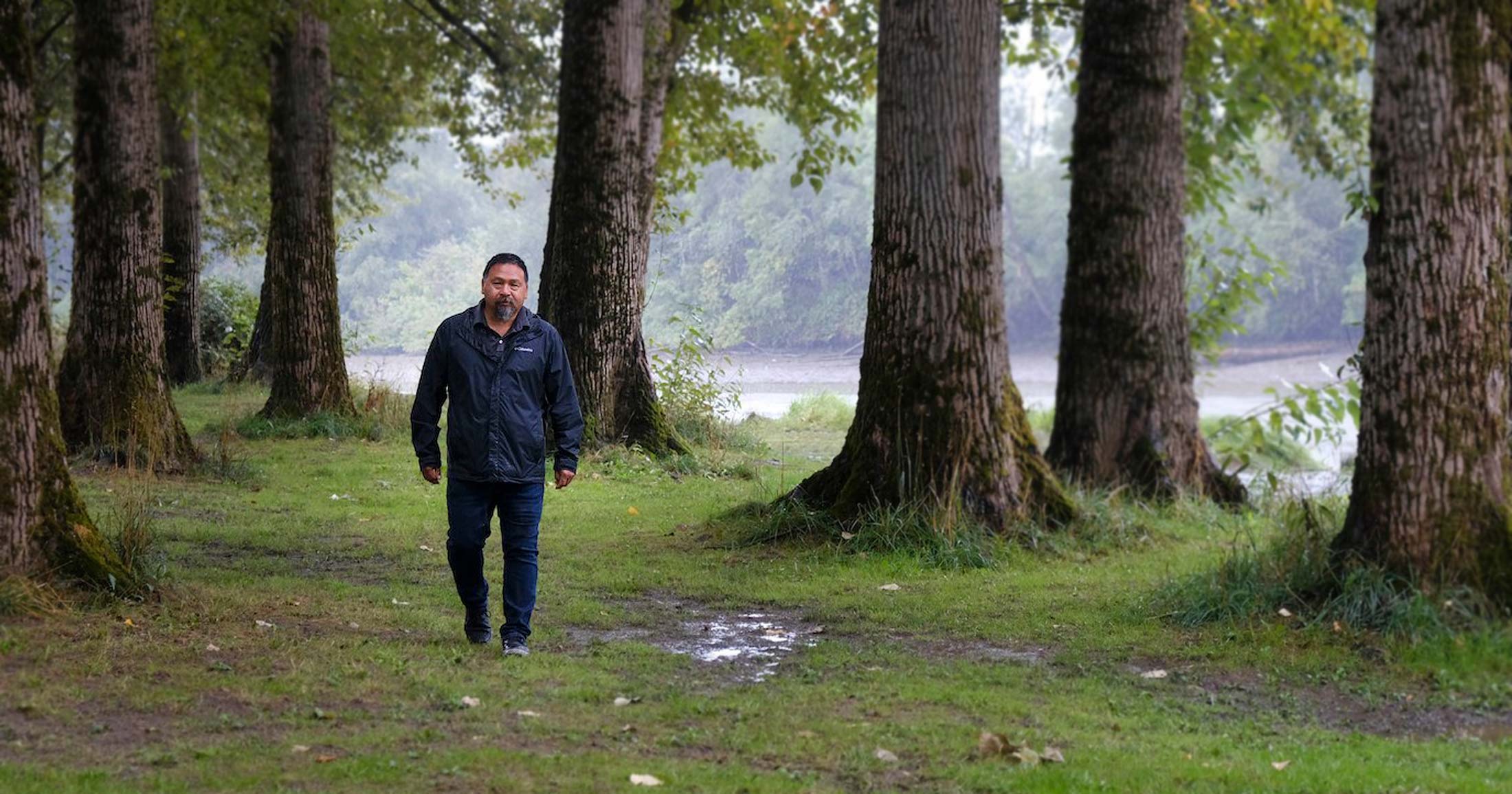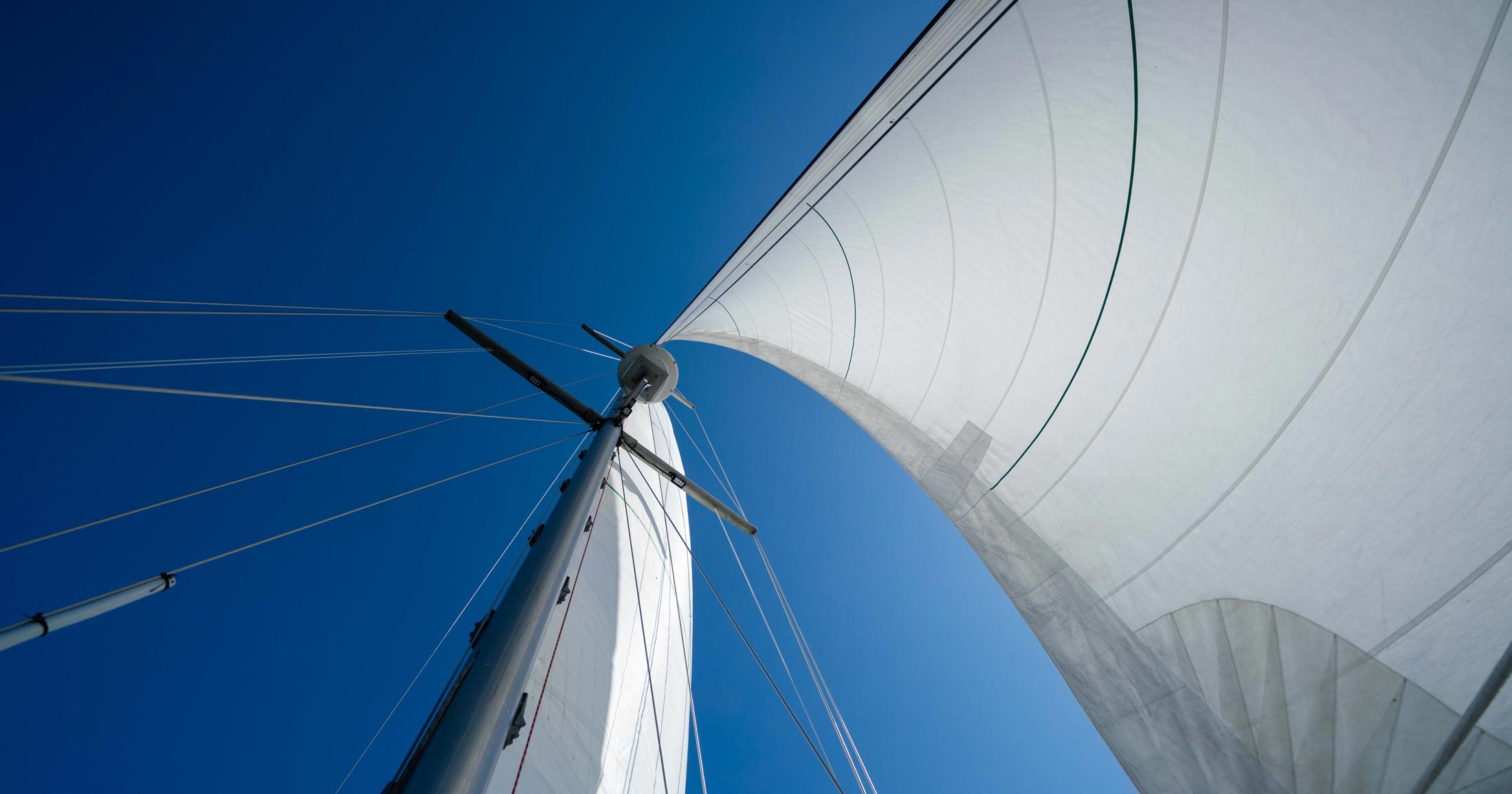A watershed based approach to water sampling
Measuring pollutants in different water categories throughout the watersheds of British Columbia.

The Raincoast Healthy Waters program samples and analyzes water for contaminants of concern using a watershed based approach in communities throughout BC.
We collect water samples of five different categories, from source water – upstream of human impacts – down through the watershed to where the creek or river of interest enters the marine environment.
Source water serves as an upstream reference sample, allowing us to determine which contaminants are being introduced in downstream sites as water traces its path down through the watershed.
Stream and river samples allow us to investigate the quality of fish habitat directly, by collecting samples from streams, creeks, and rivers used by salmon (either currently or historically).
Road runoff serves as a polluted sample, since many contaminants that threaten water quality such as petroleum hydrocarbons, metals, and the tire-related chemical 6PPD quinone are washed off of roadways and into fish habitats during rain events.
We include tap water samples in our analyses as a way to bring humans into the conversation, as we borrow water from the environment in the form of municipal or well water. This is often returned to aquatic habitats in a more-degraded state, in the form of storm and sewage effluent (treated or untreated).
Finally, we sample the marine habitat downstream of each watershed to capture the anadromous habitat needs of salmon from freshwater to saltwater.
By comparing our findings among water categories, across watersheds, and against available Environmental Quality Guidelines, we can identify contaminants of emerging concern. This allows us to better understand the activities that threaten water quality, and contributes to protection and restoration practices.
Collectively, the lessons learned and data collected from each watershed will help inform our understanding of threats to water across British Columbia, and ultimately what policy changes can be implemented to preserve the quality of water for the future of salmon, whales, and people.
After all, there is nothing more important than Healthy Waters.
Recent Healthy Waters reports
You can help
Raincoast’s in-house scientists, collaborating graduate students, postdoctoral fellows, and professors make us unique among conservation groups. We work with First Nations, academic institutions, government, and other NGOs to build support and inform decisions that protect aquatic and terrestrial ecosystems, and the wildlife that depend on them. We conduct ethically applied, process-oriented, and hypothesis-driven research that has immediate and relevant utility for conservation deliberations and the collective body of scientific knowledge.
We investigate to understand coastal species and processes. We inform by bringing science to decision-makers and communities. We inspire action to protect wildlife and wildlife habitats.







